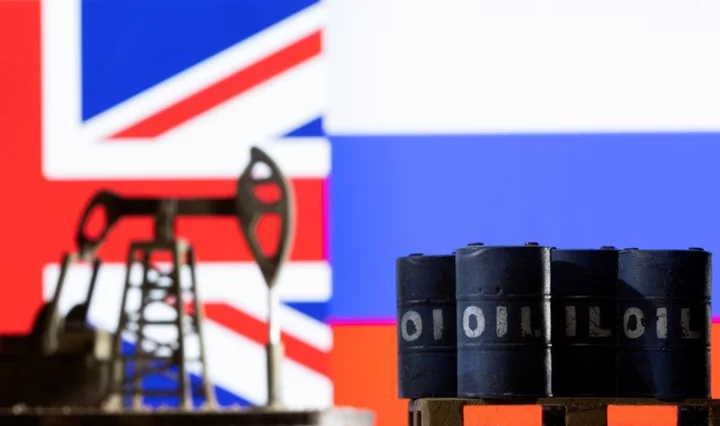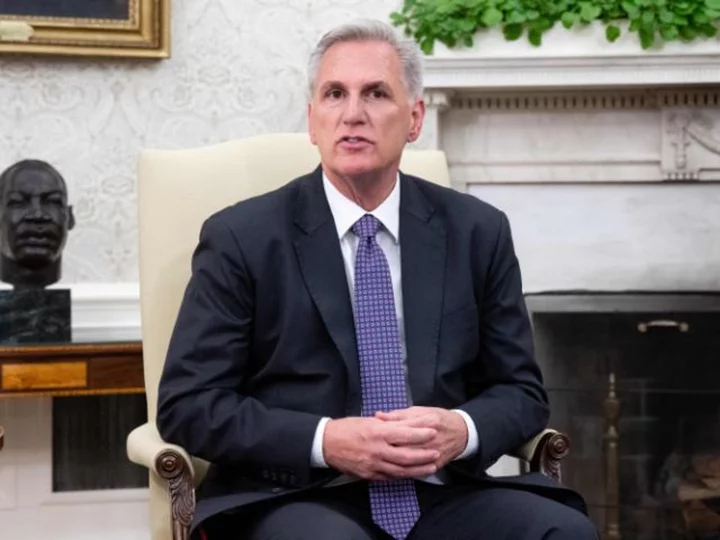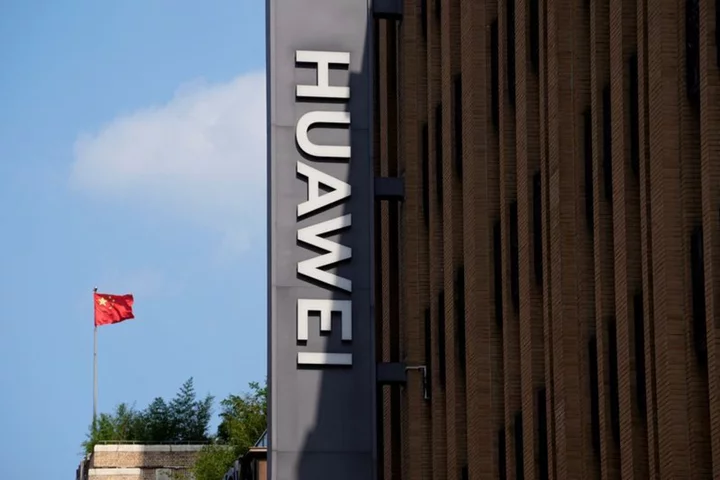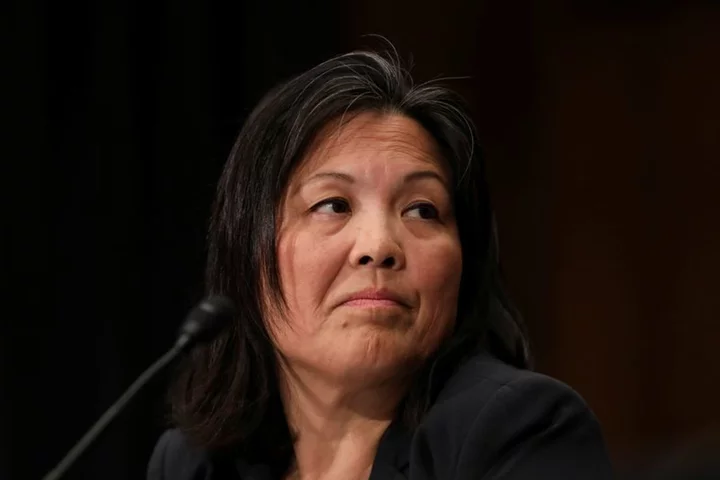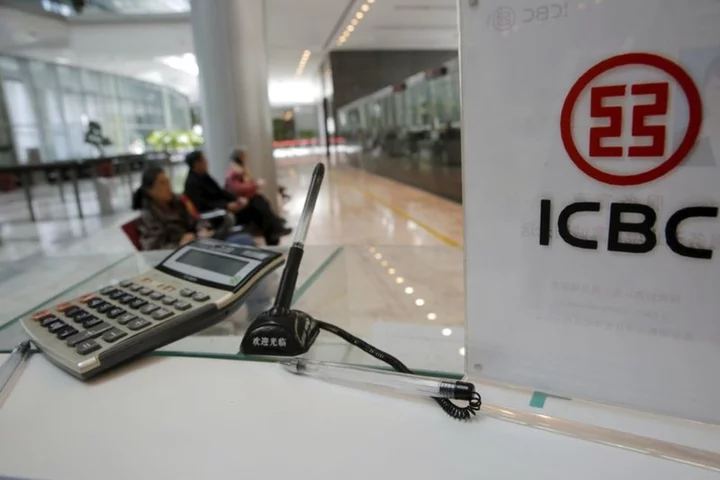LONDON (Reuters) -Britain published plans to ban imports of Russian diamonds, copper, aluminium and nickel on Friday and announced new sanctions against Russia, targeting companies connected to the suspected theft of Ukrainian grain.
The United States and Canada also announced new penalties on Russia over its war against Ukraine. Washington imposed sanctions on gold producer Polyus and the Russian business of its peer, Polymetal, which would further damage Russian gold sales already hit by Western sanctions and restrictions.
The UK import ban, however, will only have a muted impact as Russian exports of those commodities to the UK have already dropped after the imposition of tariffs.
"We will legislate later this year to ban imports of Russian diamonds, and end all imports of Russian-origin copper, aluminium and nickel," British Prime Minister Rishi Sunak said in a statement.
Data shows Britain imported only a small proportion of its aluminium, nickel and diamonds from Russia.
Last March the British government placed 35% additional duties on imports of Russian base metals. Then the London Metal Exchange (LME) suspended deliveries of Russian copper, aluminium, nickel and lead into its approved warehouses in Britain, although there was none stored in them.
"The LME will closely monitor the latest development for further details and will communicate to the market in due course should the LME consider any further action is required beyond the suspension that is already in place," it said on Friday.
Russia is a major producer of aluminium, nickel and diamonds. Britain's import ban plans were announced before the G7 nations discuss how to trace Russia's diamond trade with the aim of imposing restrictions at a later stage.
"The global market is fluid, rich in alternative destinations," Kremlin spokesman Dmitry Peskov told reporters on Friday, when asked about possible future diamond restrictions in the European Union.
Russia is also one of the world's largest producers of gold, along with China and Australia.
The latest U.S. penalties on its two major gold miners' operations come on top of sanctions on major Russian banks, which used to be the main gold exporters from the country before the war, and June's ban by Britain, the United States, Japan and Canada of new imports of Russian gold.
The ban was imposed when Russian exports to the West had already dried up as the Russian gold trade, according to industry players, was rerouted to Asia, where most countries have not imposed sanctions on Russia.
U.S. sanctions target only the Russia-based part of Polymetal - Polimetall AO - and do not apply to the parent company, Polymetal International PLC, which is based on Jersey island and owns assets in Kazakhstan.
In May, Polymetal asked its shareholders to approve re-domiciling to Kazakhstan from Jersey as it hopes to separate its Russian and Kazakh businesses next year.
'SHADY ENTITIES'
Britain also targeted "shady individuals and entities" connected to the theft and resale of Ukrainian grain, something Russia has been accused of and has denied.
Targeting entities involved in grain trading is unusual as such activity typically comes under humanitarian exemptions. Both Russia and Ukraine are major grain exporters to Africa and the Middle East.
"This grain, and other agricultural goods, has been reportedly stolen from warehouses and fields in the temporarily occupied territories in Ukraine," the UK Foreign, Commonwealth and Development Office said in a statement.
Russian nickel and copper producer Nornickel and Polymetal declined to comment. Aluminium producer Rusal, diamond miner Alrosa and Polyus did not reply to Reuters requests for comment.
(Reporting by Sarah Young, Pratima Desai, Eric Onstad, Polina Devitt, Jonathan Saul and Vladimir Soldatkin; writing by Polina Devitt; editing by Kate Holton, Nick Macfie and Grant McCool)

